
WHAT IS A SOLAR COOLER? IS IT WORTH BUYING?
The earth's temperature has risen dramatically in recent years. Also, overheating and power outages are common, especially during the summer. Isn't it relatable? This situation necessitates the installation of air conditioners. Nevertheless, typical air conditioners require commercial electricity, which degrades the environment.
So, what are your possible alternatives? A solar-powered cooler!
Yes! If you live in a hot temperature zone, you're probably investing a lot of time and money building your home to minimise the effects of heat. A solar cooler saves you time and effort by utilising the vast sunlight captured by (for example) rooftop solar panels.
Sounds appealing! Isn't that right?
Let's look at the advantages of solar coolers and their various varieties one by one.
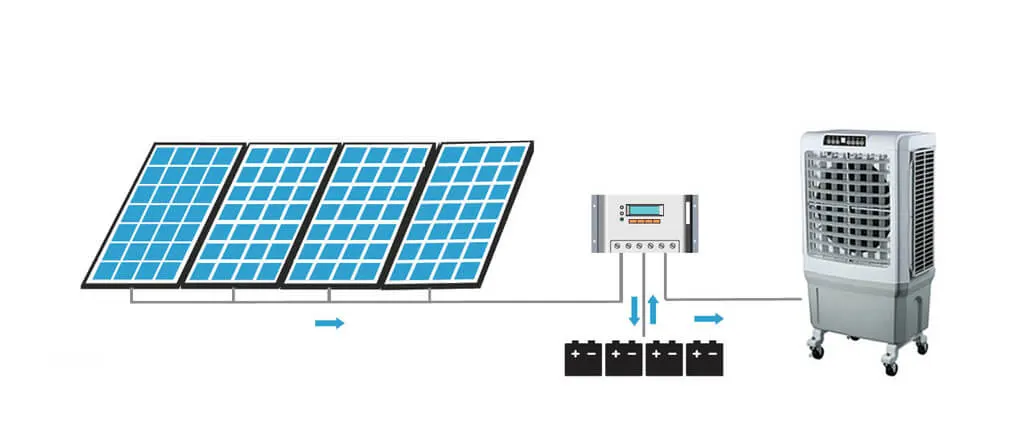
What actually is a Solar Cooler?
A solar cooler uses energy from solar panels to cool itself. They work in the same way as standard air conditioners do. They are, however, not powered by the commercial grid. These air conditioners are powered by one of three sources: a solar storage battery, solar panels, or network electricity.
Exploring the different types of Solar Cooler Systems
There are several types of solar air conditioners available for residential use. The three most prevalent types of solar cooler systems, however, are described below.
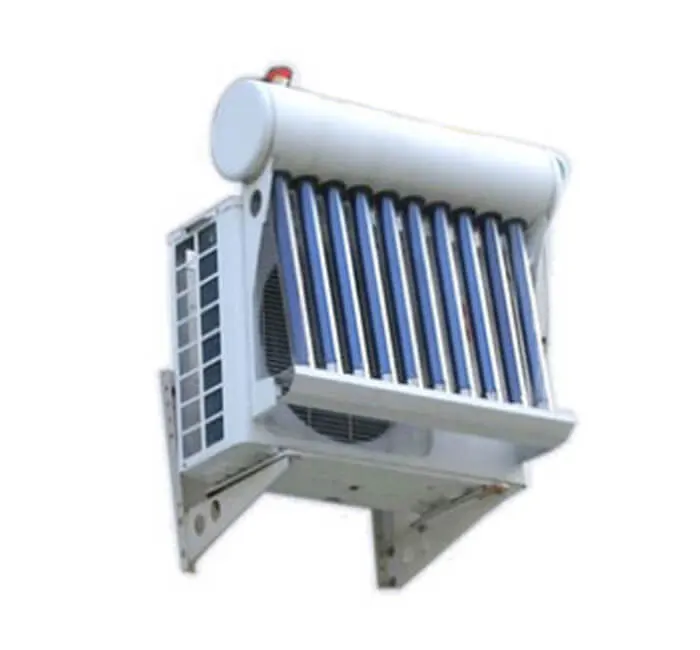
1. Solar thermal system
A plate is used in this type of solar cooler system to catch energy from the sun's rays. This energy is then used to fuel the electric generator, which starts the compressor, which is in charge of the cooling process in air conditioners.
Although this system employs solar power for the majority of its cooling operations, it is losing popularity due to its low efficiency.
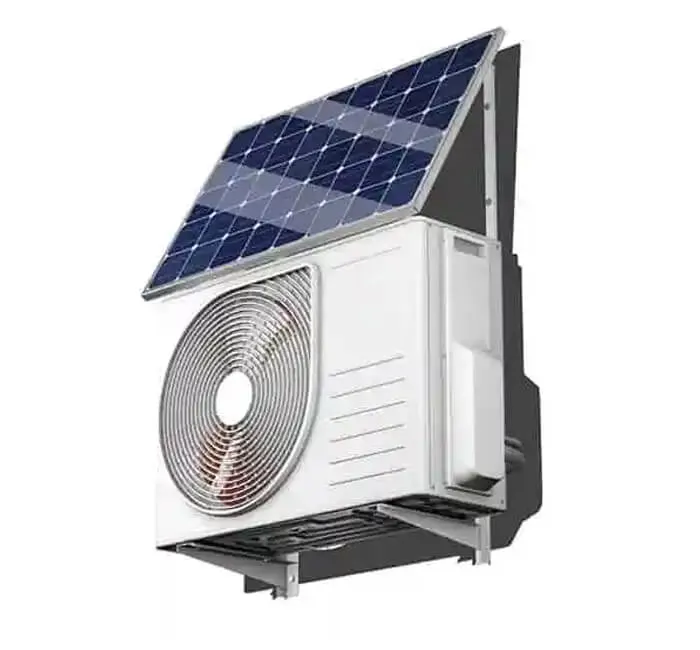
2. Solar PV Air Conditioners
This system collects solar energy via solar PV panels put on the rooftop of a residential structure. The solar energy system transforms this direct sunlight from the sun into useable electricity.
The solar air conditioner uses this electricity to produce cooling in the residence.
Some hybrid solar air conditioner systems connect to the commercial grid to supply sufficient electricity even in inclement weather.
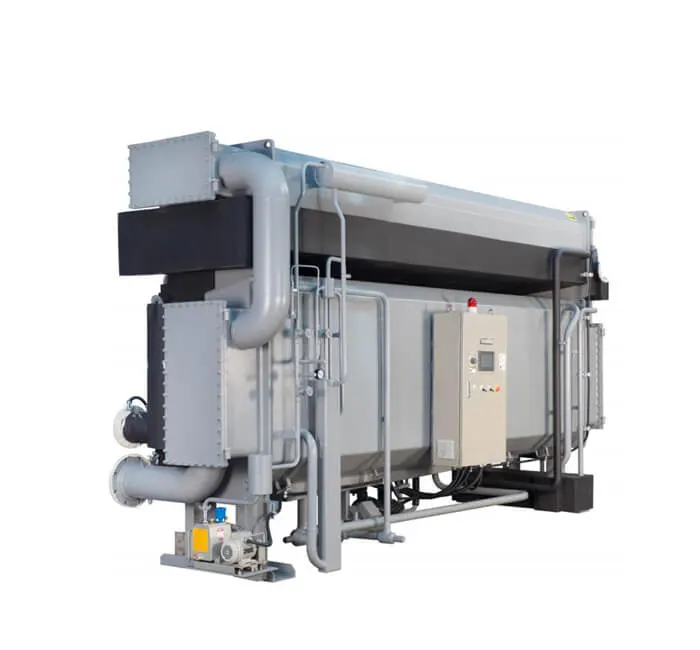
3. Absorption Chillers
The installed solar panels are used to power fans and compressor motors in this system. To produce cool air, these air conditioner components use evaporation and condensation processes.
Furthermore, this solar cooler can be powered by charged solar batteries.
The Efficiency of a Solar Cooler
Did you know that a solar-powered air conditioner can outperform a grid-powered air conditioner in terms of efficiency?
In reality, on hot bright days, solar panels receive the most sunshine, allowing them to create enough electricity to power a solar cooler. On gloomy days, solar batteries can offer enough power to power your solar air conditioner.
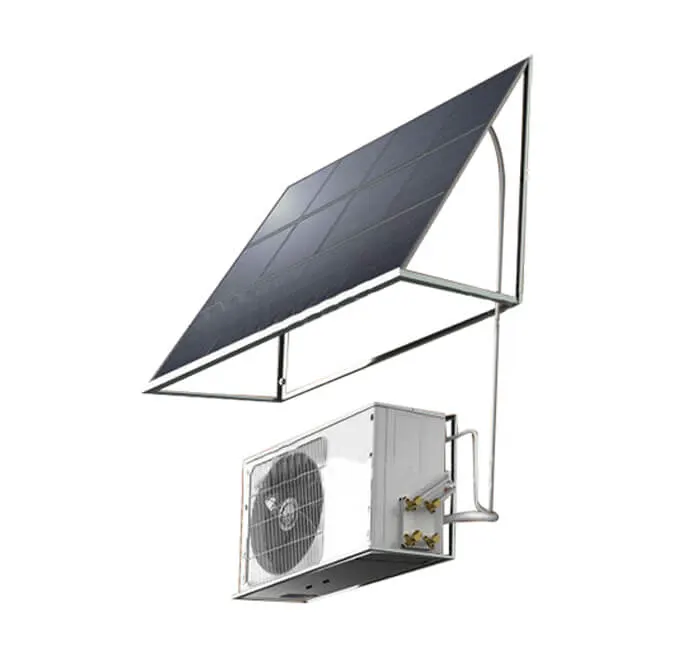
What Are the Advantages of Using a Solar Cooler?
There are numerous advantages to installing solar coolers, including increased sustainability, ease of maintenance, and reduced reliance on the power grid. These benefits outweigh the high solar air conditioner price.
Let's explore these benefits in depth.
- Solar coolers harness renewable energy from the sun. This minimises greenhouse gas emissions, which are prevalent during commercial energy production.
- Rooftop solar panels that generate electricity for solar air conditioners require less maintenance. They provide excellent efficiency with only little repairs.
- They rely on solar panels for power. It contributes to less reliance on fossil-fuel-based electricity. They also don't have to pay exorbitant utility expenses for home cooling.
Conclusion:
Solar coolers are one of the most effective inventions for dealing with high heat. They also help to preserve the environment by lowering reliance on commercial grid systems.
Many people want to make their homes self-sufficient and energy efficient. If your energy usage is mostly due to house cooling, you should consider using solar air conditioners.